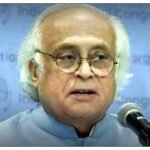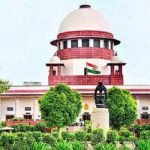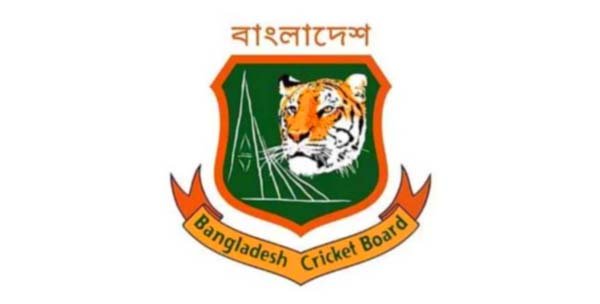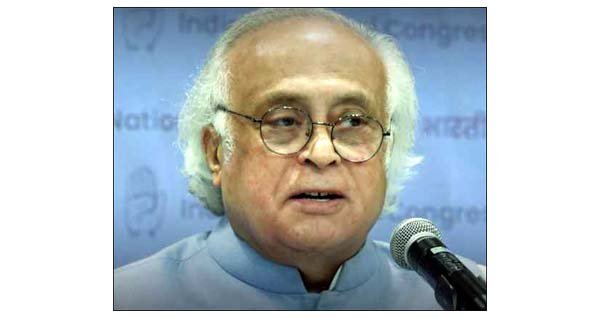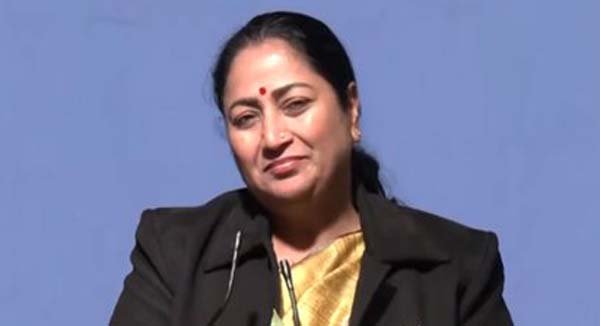New Delhi, Jul 30 (UNI) The Supreme Court of India today took up a writ petition challenging the constitutionality of the Uttar Pradesh Shri Bankey Bihari Ji Temple Trust Ordinance, 2025, which was promulgated on May 26 this year by the Uttar Pradesh government.
The Ordinance provides for the creation of a statutory trust to take over the management, control, and administration of the historic Shri Bankey Bihari Temple in Mathura, one of the most revered temples in North India.
The management of the temple has, for centuries, been with the Sewayat Goswami families, who claim hereditary rights to perform religious duties and manage the temple’s affairs.
The Ordinance, however, seeks to vest these powers in a newly formed public trust, thus altering the traditional system of temple governance.
The petitioners, representing the Sewayat Goswamis and temple authorities, have challenged the Ordinance, alleging that it infringes upon their constitutional and legal rights, particularly their right to manage religious affairs under Article 26 of the Constitution.
They have also raised concerns about the sudden nature of the ordinance, stating that it displaces a centuries-old tradition of religious and administrative management.
The matter was heard by a Bench comprising Justice Surya Kant and Justice Joymala Bagchi, who observed that a Miscellaneous Application (MA) related to the same temple and broader issues concerning its administration is already pending before another Bench of the Supreme Court.
Taking note of this, the Bench directed that the present writ petition be listed only after the pending MA is heard and disposed of.
The petitioners were granted liberty to mention the matter before the Chief Justice of India, Justice BR Gavai, for appropriate directions regarding listing and clubbing of matters, if necessary.
Senior Advocates Kapil Sibal, Nikhil Goel, and Amit Anand Tiwari appeared on behalf of the petitioners and submitted that the Ordinance is arbitrary and amounts to a violation of the rights of the traditional custodians, who have been serving the deity and maintaining the temple for over five centuries.
The writ petition was filed through Advocate Tanvi Dubey, challenging the constitutional validity of the Ordinance and seeking interim relief to stay its implementation.
The matter will now be taken up after the related proceedings in the miscellaneous application are completed.


